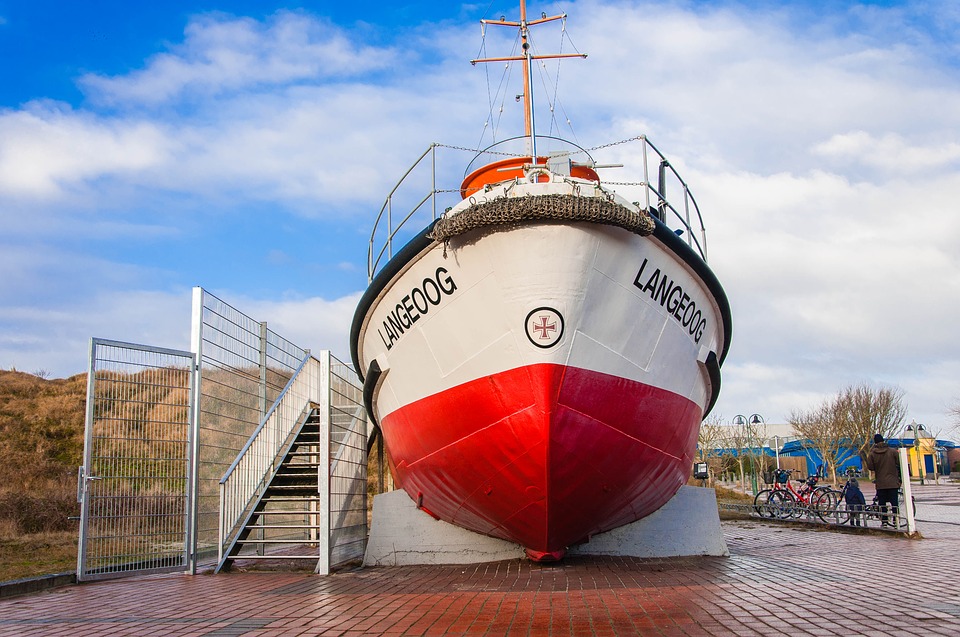• RNLI reveals that 7 people said floating helped save their life last year
• Coastal fatality figures released today show that 109 people lost their lives at UK coasts in 2017
Ahead of the Bank Holiday weekend and school half-term, the RNLI revealed today that remembering to float helped prevent at least seven people from drowning during dangerous situations in the water in 2017.
The charity urged floating as a key survival skill 12 months ago. Now, in their 2018 Respect the Water campaign, launched today, they are further refining the advice and urging the public to practice floating.
While figures out today also revealed a drop in coastal fatalities from 156 in 2016 to 109 last year, over half those fell or were swept into the sea, never intending to go in. Startlingly, 91% of the fatalities were men.
One young man who survived by floating, was Evan Chrisp, 16, from Gateshead. ‘I was jumping over waves with friends and got swept out to sea. I tried to fight the water and swim hard, but I quickly realised this wasn’t working and I was in serious danger of drowning. I remembered the advice to float on my back from the RNLI cinema advert I’d seen a fortnight earlier. This helped me catch my breath and calm down before then trying to swim to safety. Despite my legs cramping badly thankfully I made it to a yacht. My Dad had watched in horror from the shore as I got into trouble and he called 999 for the Coastguard. Ultimately I think the RNLI’s advice to float saved my life.’
The incident took place at Beadnall Bay in Northumbria on 28th June 2017.
The charity is urging anyone who finds themselves in trouble in cold water to stay calm and ‘float’. The instinctive human reaction on immersion in cold water is a potential killer: it can cause panic and thrashing around, increasing the chances of breathing in water. This also lets trapped air escape from clothing, reducing buoyancy.
Although it’s counter intuitive, floating rather than swimming, will keep the airway clear and allow you to regain control of your breathing. You can then swim to safety, call for help, or continue to float until help arrives.
Professor Mike Tipton, the UK’s leading cold water survival expert, and the RNLI found that in recent trials of 80 people, most found floating easier than expected. Leaning back to keep the face and mouth above water, extending the arms and legs, moving hands and feet only as much is necessary and attempting to remain calm fora short time , all combine to greatly increase the chances of survival.
